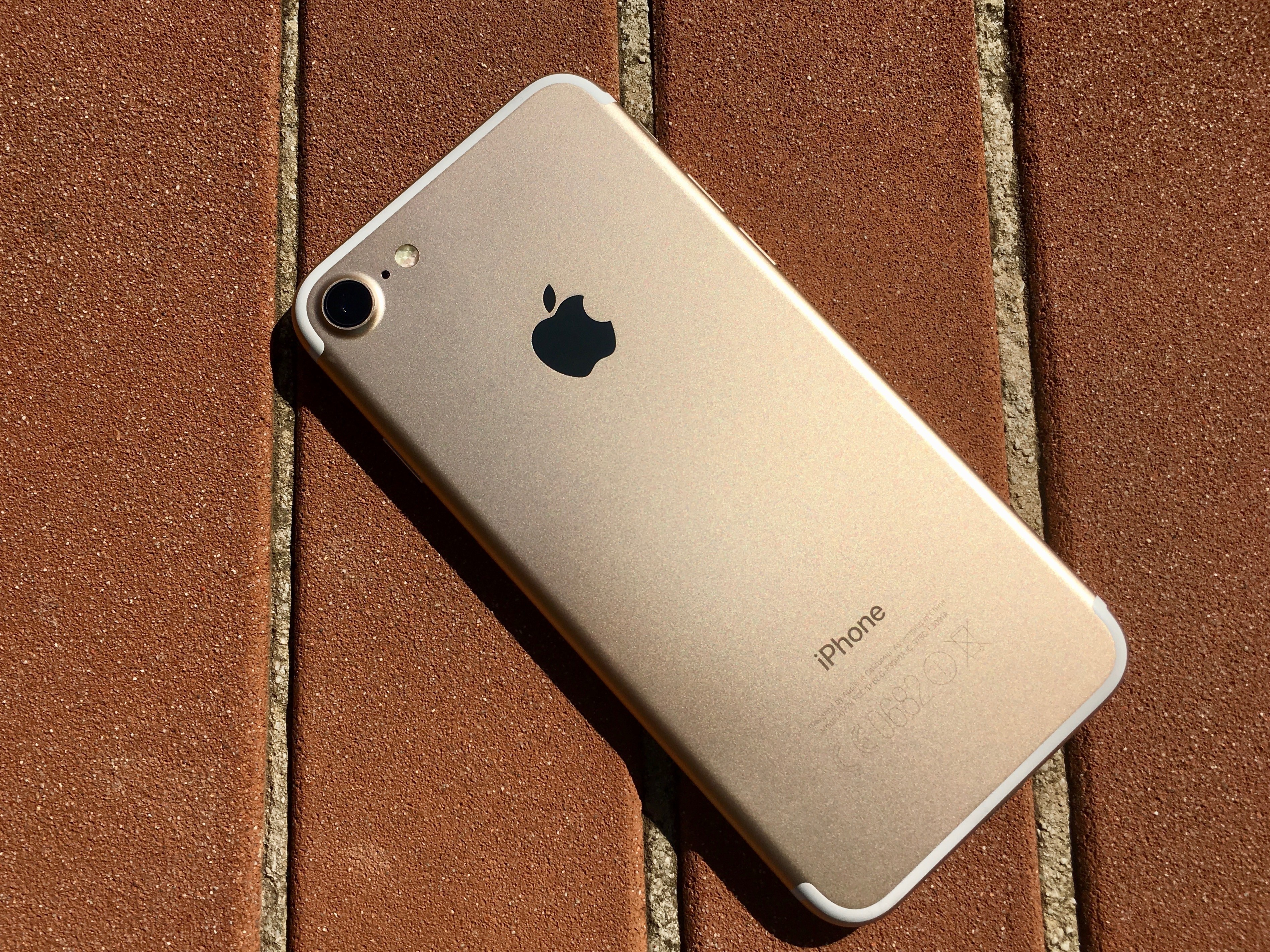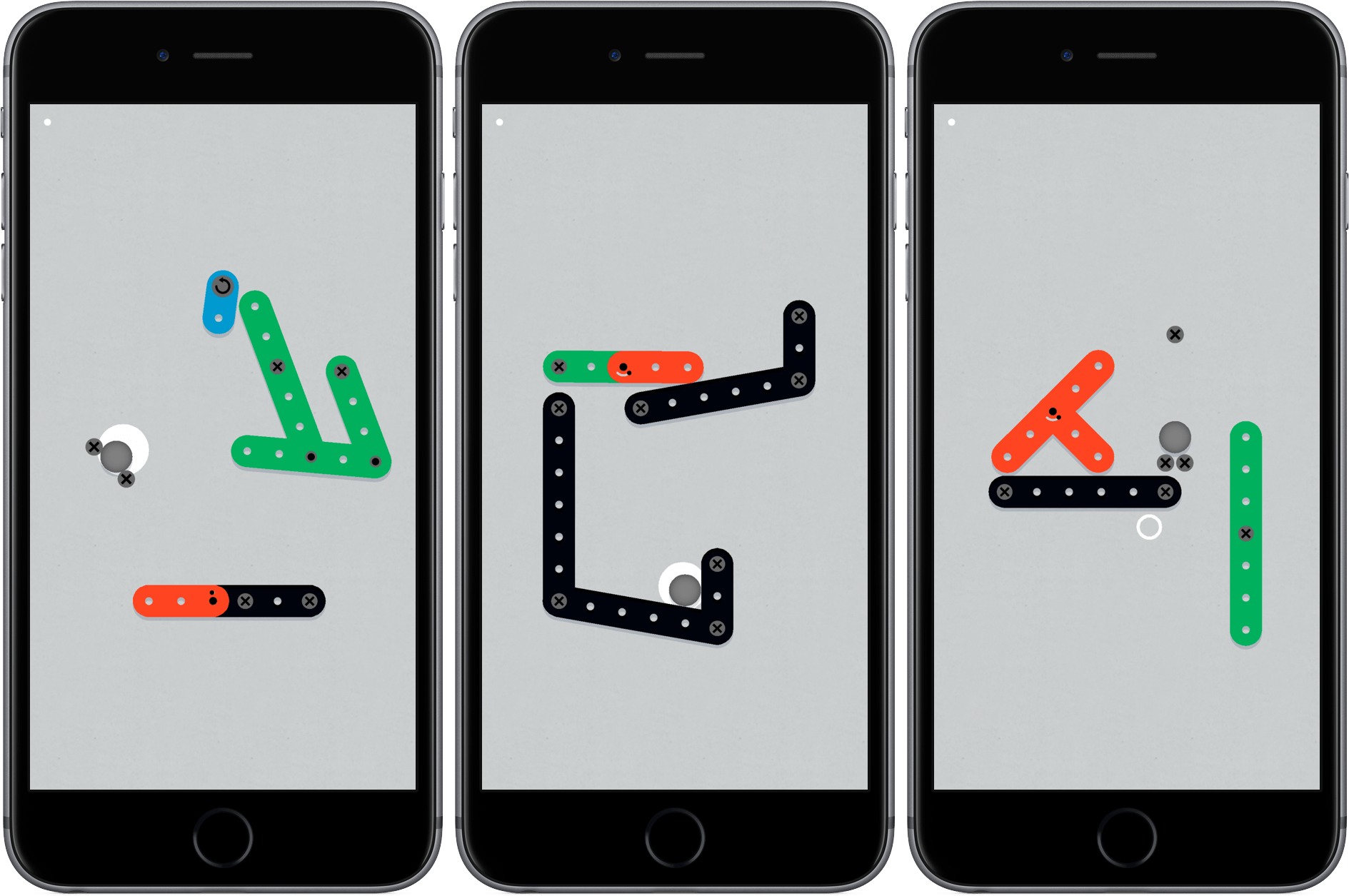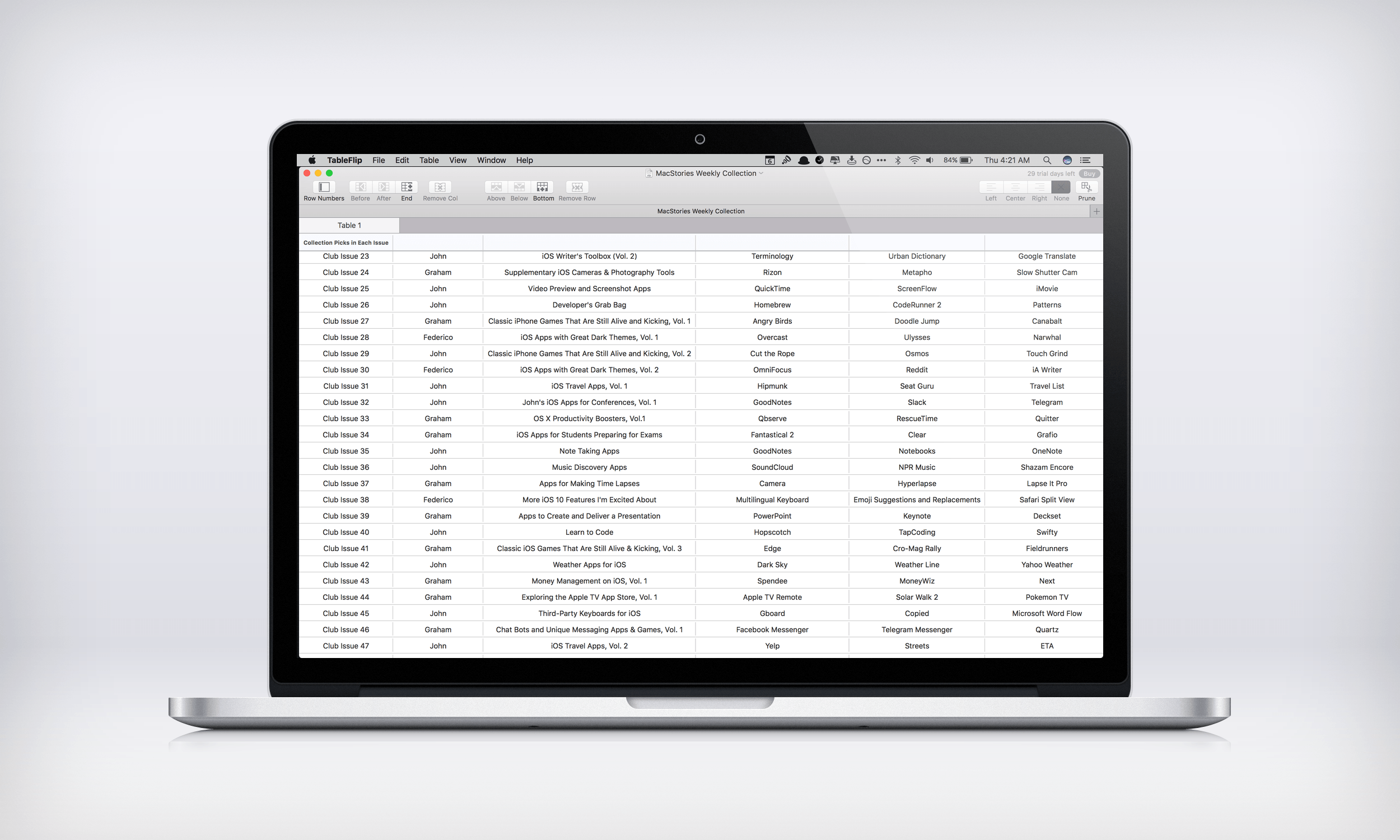Shortly after we spotlighted Phoneys as a fun sticker pack in Club MacStories Weekly #50, the developer revealed that Apple had contacted him and said that if he wanted Phoneys to remain in the iMessage App Store, changes would have to be made. Adam Howell, Phoneys’ creator, says that he was told by Apple that:
The stickers couldn’t be blue or green, they couldn’t use San Francisco as the typeface, and the app could no longer be marketed as a “prank” app, because Apple doesn’t approve prank apps…
Howell was given until this Thursday to change his stickers. Howell decided not to change them and the stickers were pulled from sale.
Today, Howell published a follow-up that provides interesting insights into the early iMessage App Store from the perspective of an app that sat in the #1 paid spot for eight days in a row. Phoneys, which cost $0.99, netted $23,206 in the eleven days it was available and drew nearly two million impressions. The high number of impressions were driven by Phoneys’ spot in the Top Paid chart, but conversion rates were highest from customers who tapped a link to Phoneys from Howell’s and other websites, highlighting importance of marketing outside the App Store.
Howell makes a number of other interesting observations about selling stickers in the iMessage App Store including that:
- Right now, depending on the day of the week, 1,000–1,500 sales a day will make your app #1 Top Paid in the iMessage App Store.
- Around $2,500-$3,000 dollars in sales a day will make your app #1 Top Grossing in the iMessage App Store.
- Being featured on the iMessage App Store home screen will get your app around 150,000-200,000 impressions a day, but unless you’re on the top paid or top free chart, it won’t drive very many conversions (I’ve talked to several folks whose stickers are currently being featured that back this up).
Howell’s data reflects the performance of just one sticker pack that was available for less than two weeks, but given its success during that brief period, Phoneys is a fascinating behind-the-scenes look at the early iMessage App Store. I highly recommend reading Howell’s full post.





